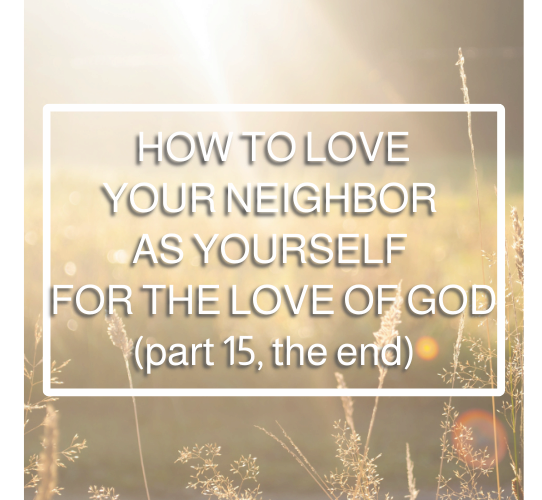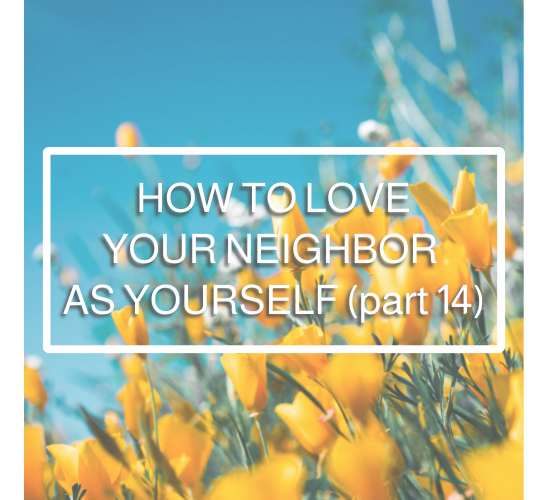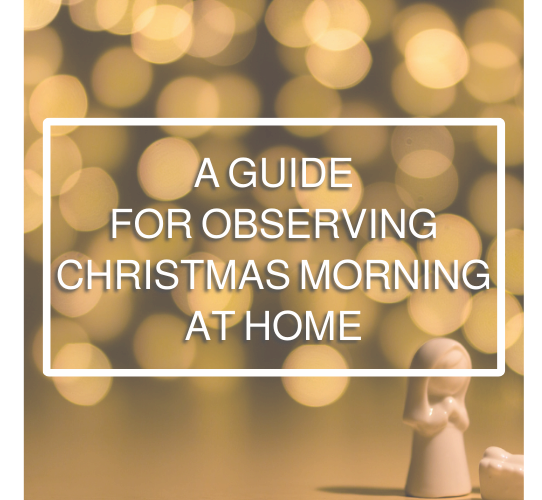Sacrifices We Enjoy
Sacrifices We Enjoy
Offer to God a sacrifice of thanksgiving…
The one who offers thanksgiving as his sacrifice glorifies Me.
-Psalm 50:14, 23
God wants His people to be thankful. He wants us to see His innumerable perfections and kindnesses and to… enumerate them. Give Him thanks. Show Him gratitude. Appreciate God.
(Why? Not because God needs to be buttered-up. Rather, God calls on us to praise and thank Him because, as is true for all God does, He loves us. See, the experience of gratitude is the same as the experience of real happiness. To be truly to happy is to suddenly find yourself in a situation where some gift communicates some love to you. Happiness is a lifting of our spirits by love and grace. So no one can be genuinely grateful and unhappy, or genuinely happy and ungrateful. All God's commands are good.)
So then, Be Ye Thankful, right?
Sure, but… It’s hard, isn’t it? Why though? Why is gratitude so painful? Why is thankfulness have to be a discipline? Well, because of life, the world, our bodies, TV, sin, mistakes and accidents, people, money, insecurity, aging, etc. It is most natural in these conditions, with these limitations, to notice and enumerate our complaints.
Perhaps that is why Scripture talks about thanksgiving as a sacrifice.
Sacrifice? That’s when you take something valuable and meaningful to you, and you kill it and burn it up.
That's the hoof-and-meat version of sacrifice, but how do we translate this into the spiritual world of “Gratitude”?
Let’s start with the valuable thing. What is the valuable thing, in the context of "gratitude-sacrifices"? It’s our complaints. Our right to grumble.
Complaints are valuable to all of us; they help us in a few ways. First, they prove that we’re smart and righteous—we see The Truth! Second, complaints are useful; they become our truths, the facts that form our personal narratives—what becomes our “worldview.” And so, third, they orient us; they say, “Go this way for safety and comfort.” So our complaints are dear to us.
Then we’re supposed to kill these? What does that mean? It means to take it and empty it of life. We confess, “No, this is not right or true. I confess that I do not see all things as they truly are. This is not the right interpretation of these events." We do this because "worriers are certifiable false prophets." (Welch, Running Scared, 52) But anxiety holds power over us, over our hearts. This is what we must release to the Lord.
Then, in sacrifice, you don’t just kill, but you kill and then lay it before God, on His altar. And when you put something before God, it suddenly is seen rightly. In the presence of God there is good lighting and proper proportions—That’s what that was!? That’s how big it is!?
When we lay our complaints lifeless before Him, we see what we hadn’t seen before. Those people who bothered me so… they are my loved ones and friends. Those frightening situations are potentially exciting opportunities. Those set backs are times to reflect and grow. My story is a story of mercy and grace; my righteousness is a gift; my path is well-lit and clear; my end is known already, and joyous. I have less to fear than I thought, more that is sweet than I realized. I have so much to be thankful for.
So I can trust this God. And all will be well.
It hurts something fierce sometimes, but thankfulness is the shortest path to truth, to happiness, and to peace. That’s why it’s the sacrifice that God wants us to make.
“God is most glorified in us when we are most satisfied in Him.” (Piper) Amen.
Photo by Lauren McConachie on Unsplash











